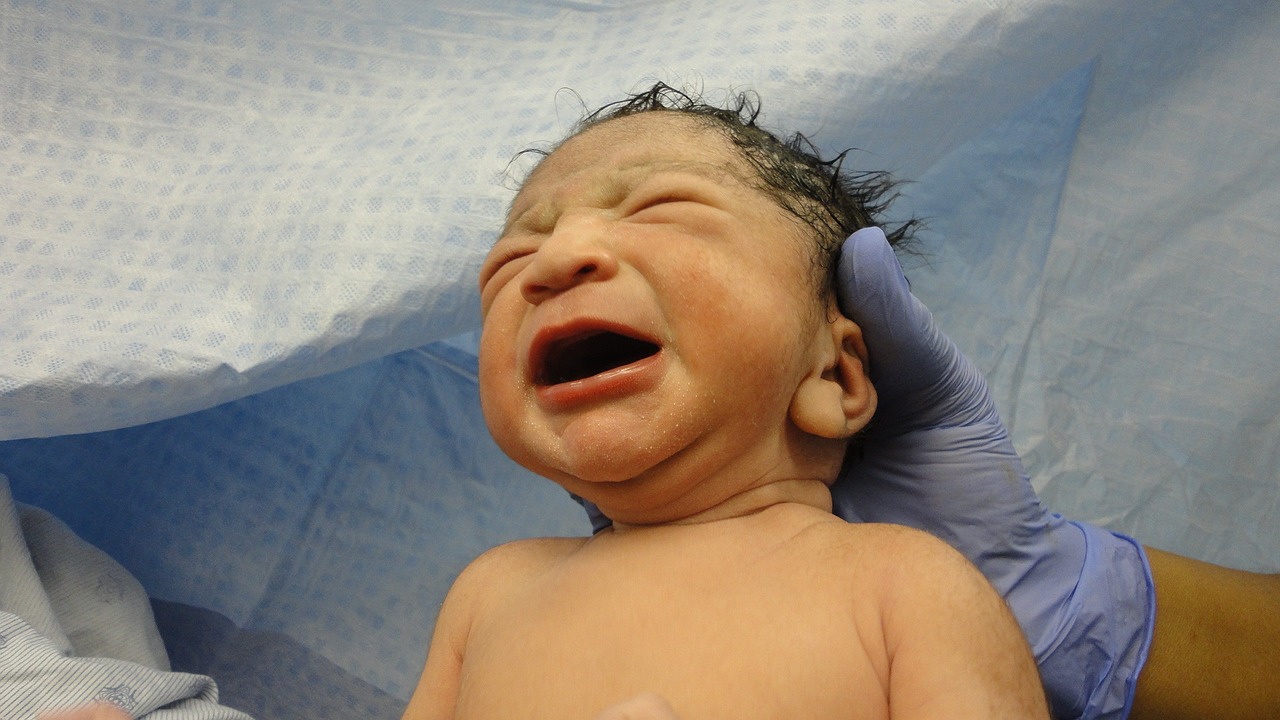I refer to a report in The Star on the efforts of the Sarawak NGO Women for Women and OrphanCare in providing social and emotional support for teens with unwanted pregnancies.
This is most praiseworthy, as they may be the ones most likely to resort to dumping their babies in their desperation to avoid detection.
However, we feel that such intervention alone is not adequate in addressing such a major problem.
Unfortunately, the authorities have not yet adopted other strategies that we feel are necessary to address them. Among them are:
- Providing comprehensive sex education to pre-adolescent schoolchildren, which would have a significant impact in delaying sexual debut, if it includes information on contraception and STDs. Unfortunately, the latter is usually excluded due to its sensitivity. Abstinence promotion to teens have failed spectacularly in the US despite generous funding for these programmes.
- Taking a more pragmatic view of the fact that certain teens would be sexually active regardless of any advice given, and they should have access to contraceptives as a harm reduction strategy.
- Giving a pregnant teen the choice to continue the pregnancy with the support of the organisation or to terminate the pregnancy should she so wish, with parental consent.
- Recognise the fact that risks faced by a teen going through a full-term pregnancy is many times higher than an early termination procedure, which is virtually without risk. Thus, it should be an obligation for the counsellor to offer this as an option.
- Recognise and implement the Malaysian Penal Code, which allows a doctor to decide on a request for termination if, in his/her opinion, the continuation of the pregnancy could adversely affect the woman’s physical or mental health more than if the pregnancy were terminated. Unfortunately, this is not widely known.
- Statistical data from most other countries show that 50 per cent of all unplanned pregnancies end in termination. Our situation is probably similar but cannot be confirmed as the Ministry of Health (MOH) does not collect such data, and most private clinics and doctors keep such information under wraps, for fear of social stigma.
- Revamp MOH’s official hospital policy that any requests for abortion must first be assessed by a psychiatrist to ascertain if indeed she is “suitably distressed” to justify a termination. This is not a requirement of the Penal Code. This process usually results in a “no”. As a result, 99 per cent of abortions are performed by private phyisicians.
- Recognise that a pregnancy out of wedlock is heavily stigmatised in our society. Thus, for this reason, baby dumping is the final resort if an abortion is not easily available.
- Change the clandestine characteristics maintained by abortion providers in Malaysia, which makes access difficult for abortion seekers. The Reproductive Rights Advocacy Alliance Malaysia (RRAAM) is addressing this by setting up a hotline to provide reliable information on where safe, affordable abortions can be provided in a confidential and supportive environment.
- As health care providers, we hope that in the future, the MOH and the Ministry of Education will take a more rational view of their policies to ensure that all girls have the chance to reach their full potential. They should address their policies on comprehensive sex education for schools, access to contraception for all sexually active teens, and adopt a more realistic policy regarding the provision of safe abortions to pregnant teens.
Dr SP Choong is from the Reproductive Rights Advocacy Alliance Malaysia (RRAAM).
- This is the personal opinion of the writer or publication and does not necessarily represent the views of Ova.












